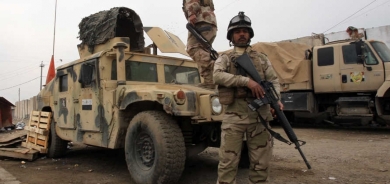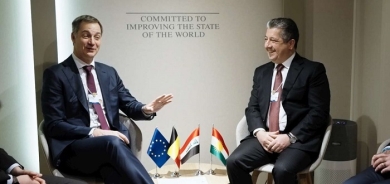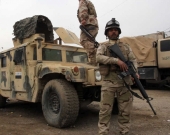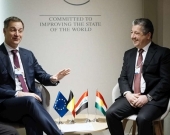Experimental Census Begins in Kirkuk Amid High Security Measures

Today marked the commencement of the experimental census process in Kirkuk, with three dedicated teams operating in the areas of Gurgachal, Baglar, and Aden. This initiative, part of a two-week experimental census, is being conducted across Iraq and the Kurdistan Region to prepare for a comprehensive population and housing census scheduled for November 20.
Security Measures and Significance
Sources in Kirkuk highlighted the strict security measures under which the census is being conducted, emphasizing the process's importance in a city with a diverse ethnic population and contested status. Kirkuk's multi-ethnic composition and its status as a disputed territory underscore the significance of accurate data collection. The last census, conducted in 1997, recorded Iraq’s population, including the Kurdistan Region, at 22.33 million.
Article 140 and Kirkuk's Status
Article 140 of the Iraqi Constitution outlines a three-phase process for resolving Kirkuk's status and other Kurdish territories outside the Kurdistan Region's authority. These phases include normalization, a census, and a referendum. The experimental census in Kirkuk is crucial as it forms part of this constitutional requirement.
Coordination and Supervision
In Erbil, the trial census is supervised by the Kurdistan Region Statistics Office, in coordination with Iraq’s Ministry of Planning. The comprehensive census planned for November aims to ensure a fair distribution of revenue by providing an accurate survey of the population across all provinces, including the Kurdistan Region. Abdul-Zahra al-Hindawi, spokesperson for the Ministry of Planning, stated in an exclusive interview with the Iraqi News Agency (INA) that the census would adhere to scientific and international standards, utilizing advanced electronic technology to ensure information accuracy above 90%.
Historical and Ongoing Disputes
Despite the optimism surrounding the upcoming census, Kurdish parties have voiced concerns over the "demographic changes" in Kirkuk province following the events of October 16, 2017. During these events, Kurdish forces were ousted by Iranian-backed Shiite militias and the Iraqi army, leading to a significant influx of Arab families into the province. This shift threatens the historically Kurdish-majority demographics of certain areas.
Moreover, the demographic alterations initiated during the 1970s by the Ba'athist regime, which involved resettling Arabs and seizing Kurdish-owned lands, continue to complicate the situation. Kurds often resort to using Ottoman-era titles and deeds to prove their land ownership.
Future Implications
The comprehensive population and housing census, planned for November 20, aims to shape Iraq’s future economic planning and resource allocation. By providing an accurate survey of the actual population, the census is expected to contribute to equitable development across the country. However, the Kurdish refusal to participate in the census while Kirkuk's status remains unresolved poses a significant challenge.
In conclusion, the experimental census in Kirkuk and its surroundings is a critical step towards achieving a fair and accurate population survey in Iraq. It holds the potential to address long-standing disputes and pave the way for equitable resource distribution and development across the country.














